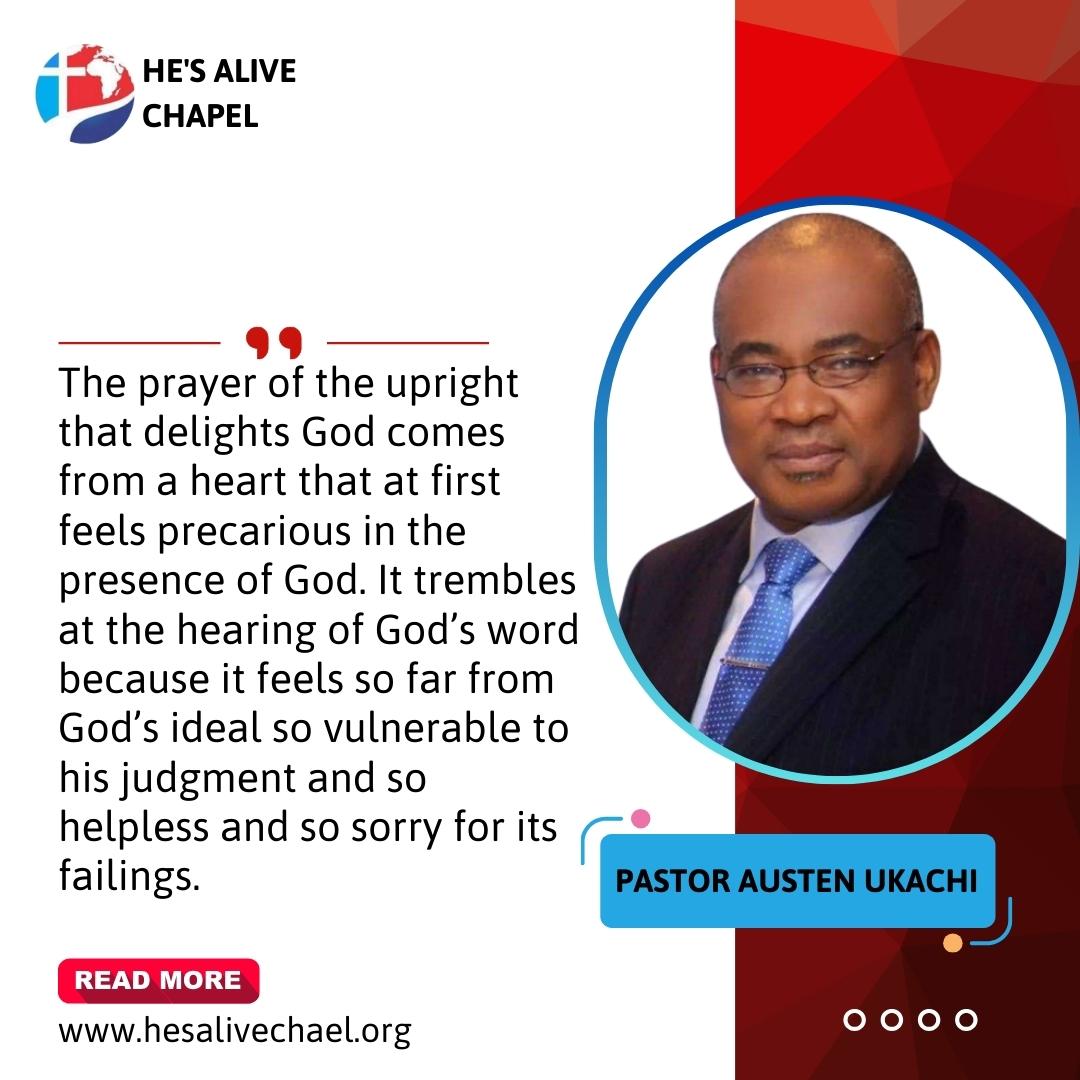 Saint John Chrysostom (349–407) wrote, “Prayer… is the root, the fountain, the mother of a thousand blessings… The potency of prayer has subdued the strength of fire, it has bridled the rage of lions… extinguished wars, appeased the elements, expelled demons, burst the chains of death, expanded the gates of heaven, assuaged diseases… rescued cities from destruction… and arrested the progress of the thunderbolt.”
Saint John Chrysostom (349–407) wrote, “Prayer… is the root, the fountain, the mother of a thousand blessings… The potency of prayer has subdued the strength of fire, it has bridled the rage of lions… extinguished wars, appeased the elements, expelled demons, burst the chains of death, expanded the gates of heaven, assuaged diseases… rescued cities from destruction… and arrested the progress of the thunderbolt.”
The testimonies of great men of God about the potency of prayer should never be taken lightly. If we heed their words then we shall see God move in our lives and the nation in ways we can hardly imagine.
When we talk about the need for revival, some wonder what could be better than what we are experiencing now. I have heard some say “These are the best times in the history of the church, nothing could be better.” This is a false assumption that leads to complacency. I believe that the best time is yet to come for the church. There is a difference between the sprinkling of rain and the showers of rain. There is also a difference between showers of rain and the deluge of rain. In a sense, revival is desiring something better and higher than what you have now. Whatever you are experiencing now is nothing compared to the greater glory that lies ahead of you. The Bible says, “The future glory of this temple will be greater than its past glory, says the Lord of Heaven’s Armies. And in this place I will bring peace. I, the Lord of Heaven’s Armies, have spoken!” (Haggai 2:9 NLT). The coming revival will eclipse whatever we have known or seen in history.
What kind of prayer triggers revival? David said in Psalm 51:17, “The sacrifices of God are a broken spirit; a broken and contrite heart, O God, you will not despise.” The first thing that makes prayer acceptable to God is the brokenness and humility of the one who prays. They tremble at God’s word. As Leonard Ravenhill said, “God only uses broken things. For example, Jesus took the lad’s bread and broke it; then, and only then, could it feed the crowd. The alabaster box was broken; only then could its fragrance escape and fill the house—and the world. Jesus said, ‘‘This is My body which was broken for you.’’ If such was the way the Master went, should not the servant tread it still? For in saving our lives, we not only lose them, but we lose other people’s too.”
Proverbs 15:8 describes the prayer God delights in, “The sacrifice of the wicked is an abomination to the Lord, But the prayer of the upright is His delight.” (Proverbs 15:8 NKJV).
The prayer of the upright that delights God comes from a heart that at first feels precarious in the presence of God. It trembles at the hearing of God’s word because it feels so far from God’s ideal so vulnerable to his judgment and so helpless and so sorry for its failings.
“This is the one to whom I will look: he who is humble and contrite in spirit and trembles at my word.” (Isaiah 66:2)
God loves persistent prayers. “Peter was therefore kept in prison, but constant prayer was offered to God for him by the church.” (Acts 12:5 NKJV).
May the Lord give us praying men and send us the Spirit of prayer. Above all, may God give us hungry hearts thirsty for something more sublime than what we have now.
Contact:pastoracukachi@gmail.com




